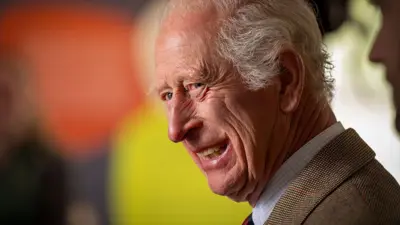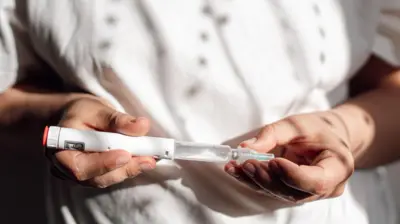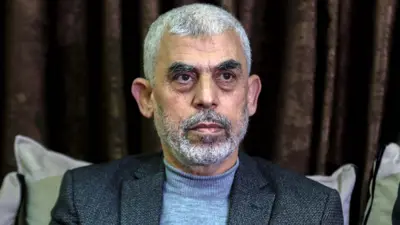We've updated our Privacy and Cookies Policy
We've made some important changes to our Privacy and Cookies Policy and we want you to know what this means for you and your data.
UK Ebola screening plans
Heathrow airport has begun screening for possible Ebola patients arriving in the UK to try to prevent the spread of the disease in this country. The screening procedures will be extended to Gatwick airport and Eurostar. It is estimated 85% of all arrivals to the UK from the affected countries will come through Heathrow.
Airport screening
Image source, Dept of Health
- Passengers arriving on connecting flights from Sierra Leone, Liberia and Guinea will be identified on arrival by border officials.
- They will be referred to health workers to have their temperature taken and they will be asked to complete a questionnaire to establish whether they have been in contact with anyone infected with the disease. Contact details will also be taken.
- If the passenger is thought to be at risk from Ebola, they will be transferred by ambulance, accompanied by staff in special clothing, known as personal protective equipment, to hospital for tests. The ambulance will carry the minimum kit necessary to reduce the risk of contamination. After the transfer, the vehicle will have to be decontaminated.
- As well as Ebola, the patient will also be checked for other diseases, like malaria, which can start with similar symptoms.
- A blood test for Ebola will normally take 6-8 hours to be processed. Once confirmed, the patient will need to be moved to a hospital isolation unit.
Community screening
Image source, Dept of Health
- Anyone who fears they might have been infected with the Ebola virus, should ring NHS 111. They should NOT go to their GP or A&E. Anyone at risk of Ebola who does visit their GP or a walk-in clinic, will be removed to an isolated room, before being transferred for tests.
- If the caller is suspected of being at risk of Ebola, they will be referred for assessment, which will be carried out by an infection specialist.
- If tests prove positive, the patient will be transferred to a hospital isolation unit.
- The local health protection team will be brought in to deal with any possible risks to the wider community, including tracing any contacts who may be at risk.
- Any rooms in which a patient has been isolated will have to be decontaminated. Any waste will be incinerated.
Hospital isolation unit
Image source, Reuters
- Twenty-six specialist beds have been made available at four hospitals in the UK - the Royal Free in London, Newcastle, Liverpool and Sheffield.
- Patients will be placed in isolation units. Dehydration is common so fluids may be given intravenously. Oxygen levels and blood pressure also need to be mainintained.
- Zmapp is an experimental drug which has proven effective in studies on monkeys, but tests on humans have proved less conclusive. The British aid worker William Pooley recovered after taking the ZMapp drug, but others have died.
- The US, UK and Canada are testing different kinds of vaccine. The aim is to have 20,000 doses that could be used in West Africa by early next year.
Top Stories
More to explore
Most read
Content is not available
{{rankTranslation}}








